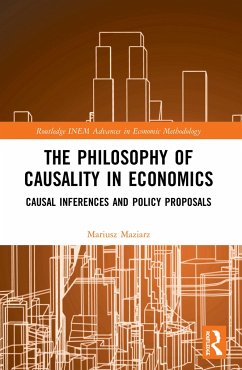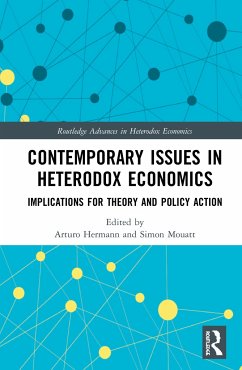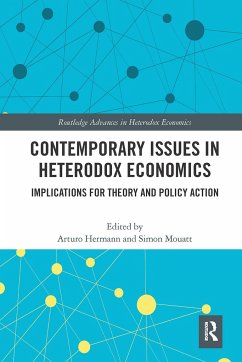
Routledge Handbook of Macroeconomic Methodology

PAYBACK Punkte
116 °P sammeln!
This book is a presentation of the study of the methods by which macroeconomics is researched, taught and communicated, and why specific theories, research strategies and teaching are preferred. A range of experts provide analysis of the concepts, ideas and principles to give a better understanding of the macroeconomics behind policies.














